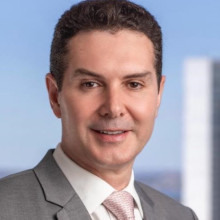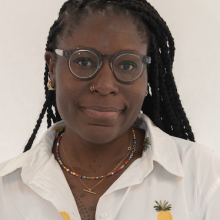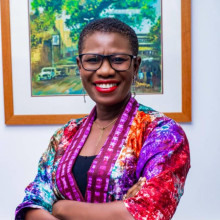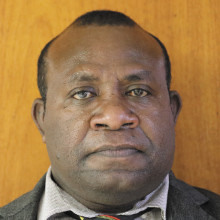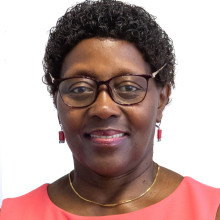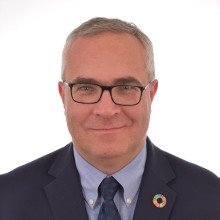
Eliza Anyangwe
Moderator
How can localization drive effective climate action to secure sustainable, safe, resilient and environmentally just cities and communities for all?
Grounded in the sobering reality of climate projections, this session will unfold as an urgent call to urban and local action. Over 70% of cities are already grappling with climate impacts, with coastal metropolises facing rising seas and urban heat islands intensifying temperatures by up to 10°C. As climate change tightens its grip on our urban centres, marginalized communities bear the brunt, widening the gap in health, food security, and resource access. As centres of population, infrastructure, and economic activity, cities are uniquely vulnerable to climate impacts but also uniquely positioned to lead on solutions. This session will explore how cities and urban dwellers are confronting climate crises not merely as victims but as agents for sustainable transformation and leaders in climate action.
This groundbreaking session will examine concrete strategies for urban climate adaptation and mitigation, featuring perspectives from global thought leaders, urban planners, innovative mayors, and practitioners with extensive experience in national and international climate policy. We'll showcase how bold actions by cities and local governments can drive carbon neutral, resilient development by leveraging nature-based solutions, emerging technologies, new approaches to urban planning and design, and local knowledge.
The session will commence with a forward-looking keynote address examining the progress that has been made in global climate action, followed by panels on the role of local leadership in driving meaningful change at a global scale and recent advancements in technological innovations and community-based solutions.
Anchored in insights from UN-Habitat's World Cities Report on Climate Change and Cities 2024, this Dialogue will offer a deeper understanding of the challenges and possibilities facing cities in the fight against climate change. It will also serve as an urgent call to action, illustrating how, by catalysing local climate solutions, cities can play a pivotal role in achieving global goals.
Participants will gain actionable insights into technological, financial, and community-based climate adaptation and mitigation strategies, and deeper appreciation for the challenges ahead. By examining successful, innovative local solutions, this session aims to empower urban changemakers to shape global climate policy and foster collaborative, transformative action towards climate-resilient urban development.

